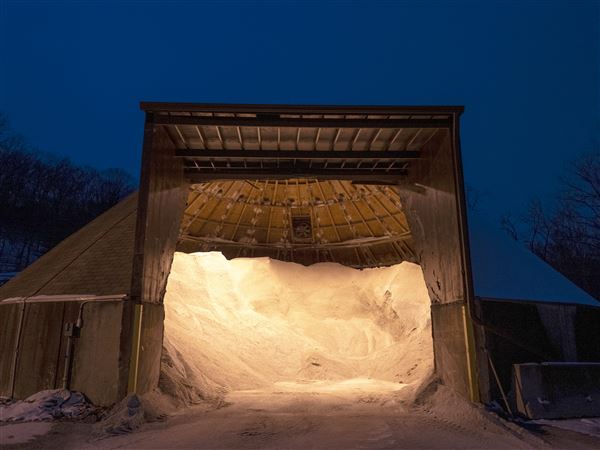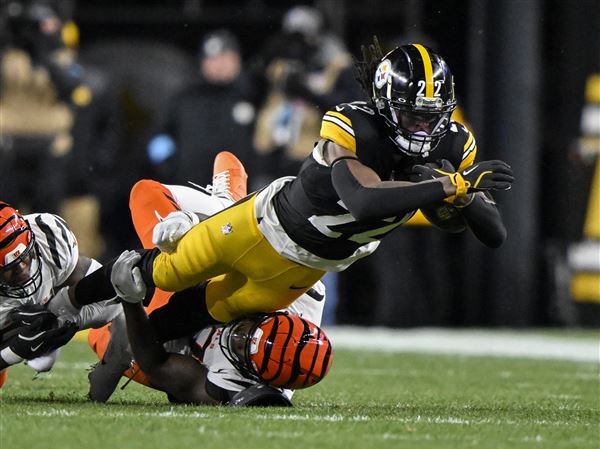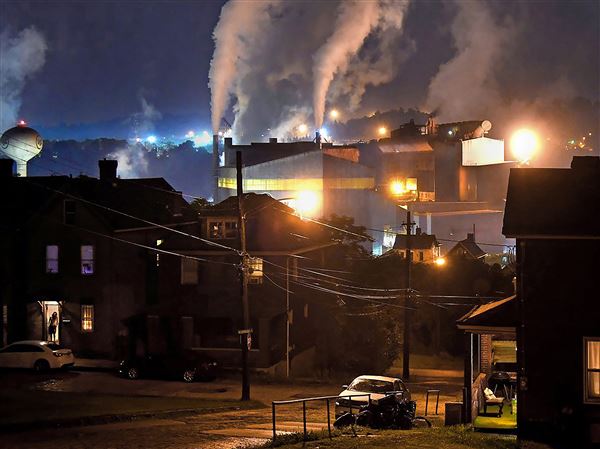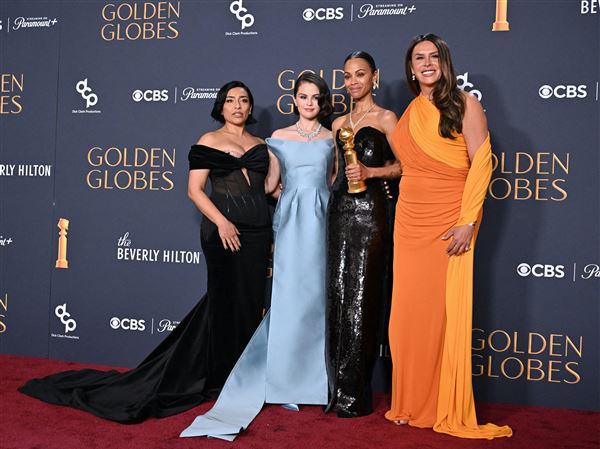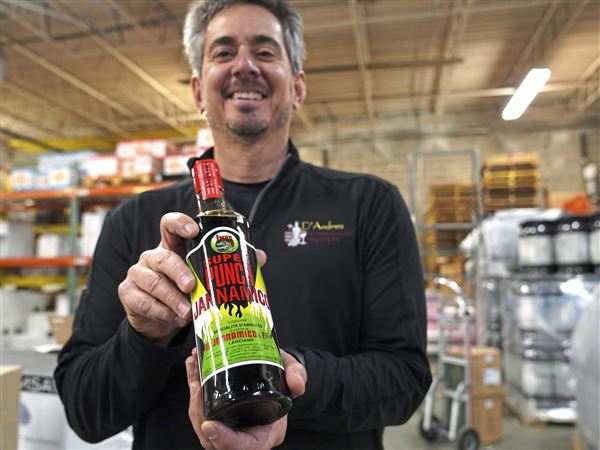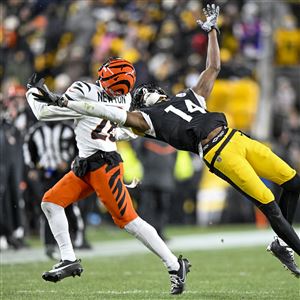The catalog for spring quarter classes at Ohio University in 1978 included an English class taught by Daniel Keyes. It was my junior year.
Daniel Keyes! I had read “Flowers for Algernon” in high school. I had seen “Charly,” the movie staring Cliff Robertson that was based on the book. I was star-struck. I had to get into that class.
I did. And it changed my life.
When I read an obituary about Professor Keyes recently, I began remembering that class, remembering him as an instructor of budding writers, even remembering what I was wearing the first day: all black. I thought that’s how a serious writer would dress.
Many professors at OU influenced my love of history, writing, linguistics, political science, urban studies, anthropology and classical studies: Phillip Bebb, Donald Lambert and James Barnes, to name just three. But Daniel Keyes recognized my passion for writing and brought me down to earth with generous and critical advice.
•
One of our assignments was to write a fictional slice of life. We had studied the form and examples by renowned writers but we were left to fill in for ourselves all the details Professor Keyes purposefully omitted.
I set mine on a street corner in New York City as a run-in between two people. I wrote and re-wrote, polished and shined the piece and handed it in proudly. I knew he was a New Yorker, and since I had been there numerous times through my youth and young adulthood, I could show him what I knew, that I was at least a little sophisticated.
He commented on several students’ efforts in class, very gently giving feedback and asking us to consider why something worked and why something didn’t quite work. He was always so sensitive to the feelings of kids who he knew looked upon him as an example. When class ended and he hadn’t mentioned mine, I got up, feeling dejected, but he made the “come over here” motion with a crooked finger.
“Let’s talk about your piece,” he said, and led me to his office.
From here, I supply the quotes with some license since it was so long ago, but I remember with clarity the basics: “There’s nothing at all wrong with your writing,” he said. “But where are you from?”
I gulped. Oh God. I had to fess up. I was from the place every kid in Ohio, it seemed, made fun of, even though I wore good shoes, had good teeth, didn’t have much of an accent and had no intermarriage in my family.
“Shinnston, West Virginia,” I said softly, as if he might laugh or chuck me out of his office for being from such an anonymous, unworthy little warren.
“Then why don’t you write about it?” he said, with wonder in his voice. “You could inform me about a place I don’t know. I would find it interesting if you wrote about it. I’m from New York. There’s nothing you can write about New York that would impress me nearly as much as a slice of life based on, say, a street corner in your hometown.”
I still remember the shock I felt that he would be the least bit interested any part of Shinnston, West Virginia.
•
This episode came long before the maxim I have since heard so many people repeat as advice to budding writers of fiction: “Write what you know.”
I was going into newspaper work; I would have to write about all sorts of things, probably none of which I knew much about, nothing that was in my heart and soul, probably nothing of my passions and interests, since reporters are not supposed to show passion for the topics they write about.
Literary fiction was what I really wanted to write, but how many things could I write about Shinnston before exhausting my supply? The only other place I knew was Athens, Ohio, and I’d only been there for a few years.
Professor Keyes taught me that the places you know best provide a rich and almost limitless well from which to draw to create characters, scenes, dialog. The place could be called anything as long as it’s a place that informs who you are. Otherwise your reader won’t be back.
Journalism has kept me busy for 30-plus years. I have no fiction to offer about Shinnston or any place. But I am proud to tell people where I am from. And every time I do, I see the smile Professor Keyes gave me when I told him the name of my town. It was a warm smile that said, “Tell me about it!”
Diana Nelson Jones is a staff writer for the Post-Gazette (djones@post-gazette.com, 412-263-1626). Read her City Walkabout blog at www.post-gazette.com/citywalk.
First Published: July 5, 2014, 1:31 a.m.
